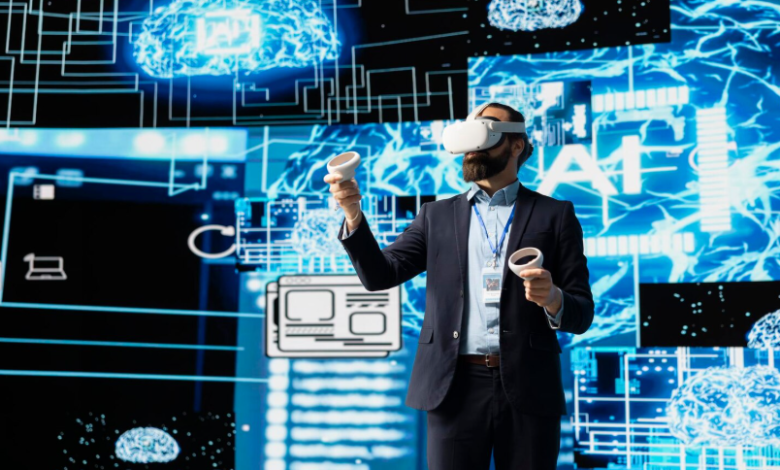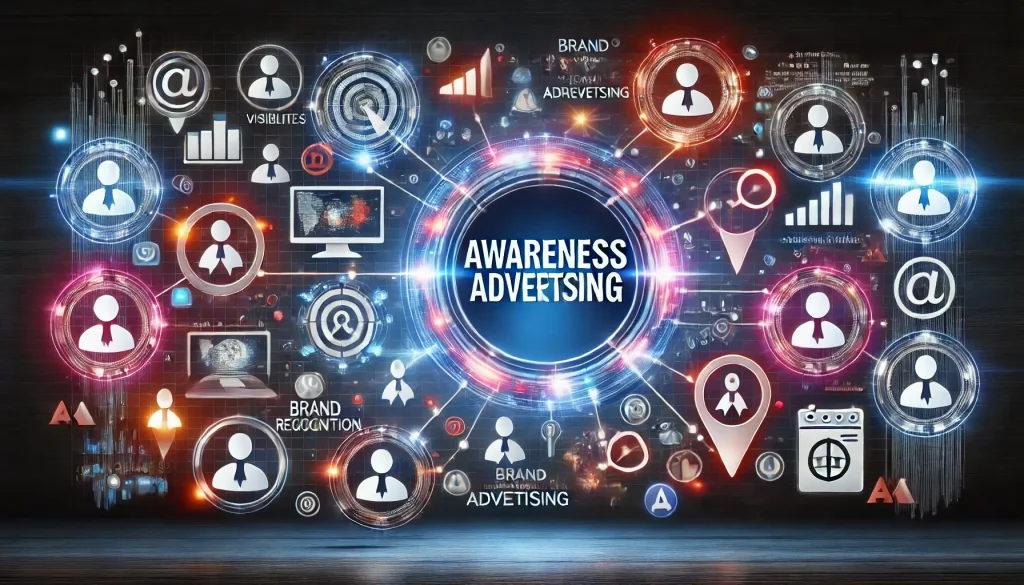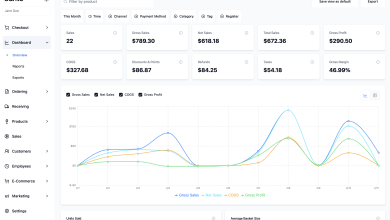
The digital marketing landscape is experiencing a revolutionary transformation, driven by the rapid advancement of artificial intelligence technologies. Marketers who once relied solely on intuition and basic analytics now have access to sophisticated AI tools that can predict consumer behavior, automate complex tasks, and deliver personalized experiences at scale.
This technological shift is not just changing how marketers work; it is fundamentally redefining what is possible in reaching and engaging audiences. From small startups to global corporations, businesses across every sector are discovering that AI-powered marketing strategies deliver better results while requiring fewer resources.
Hyper-Personalized Customer Experiences
Artificial intelligence has made it possible to deliver truly personalized content to each individual customer, moving far beyond simple name insertion in email campaigns.
According to Exults, an agency that provides digital marketing for criminal defense attorneys, AI algorithms analyze vast amounts of customer data, including browsing history, purchase patterns, social media interactions, and demographic information to create detailed customer profiles.
These insights enable marketers to deliver precisely tailored content, product recommendations, and offers that resonate with each person’s unique preferences and needs. Netflix’s recommendation engine and Amazon’s product suggestions are prime examples of how AI-driven personalization keeps customers engaged and drives conversions.
The result is a marketing experience that feels less like advertising and more like helpful guidance, significantly improving customer satisfaction and loyalty. Studies show that personalized experiences can increase conversion rates by up to 300 percent compared to generic marketing approaches.
Predictive Analytics and Customer Behavior Forecasting
One of AI’s most powerful contributions to digital marketing is its ability to predict future customer behavior with remarkable accuracy. Machine learning models process historical data to identify patterns and trends that human analysts might miss, enabling marketers to anticipate what customers will want before they know it themselves.
This predictive capability allows businesses to optimize inventory, prepare targeted campaigns, and allocate marketing budgets more effectively. Retailers can predict which products will trend during specific seasons, while service providers can identify customers at risk of churning and intervene proactively.
Predictive analytics also helps marketers identify the optimal timing for sending messages, the best channels for reaching specific audience segments, and the content most likely to drive engagement. This foresight transforms marketing from a reactive discipline into a proactive strategy that stays ahead of market dynamics.
Intelligent Chatbots and Conversational Marketing
AI-powered chatbots have revolutionized customer service and engagement by providing instant, 24/7 support that feels increasingly human. These sophisticated virtual assistants can handle complex queries, guide customers through purchase decisions, and resolve issues without human intervention, dramatically reducing response times and operational costs.
Modern chatbots use natural language processing to understand context, sentiment, and intent, allowing them to engage in meaningful conversations that build relationships. They can seamlessly hand off complex issues to human agents when necessary, ensuring customers always receive appropriate support.
Beyond customer service, conversational AI enables interactive marketing experiences that gather valuable data while providing value to users. Chatbots can qualify leads, conduct surveys, and offer personalized recommendations, and even complete transactions, transforming passive website visitors into active participants in the brand experience.
Automated Content Creation and Optimization
Artificial intelligence is increasingly capable of generating marketing content, from social media posts and email copy to blog articles and product descriptions. While AI may not replace human creativity entirely, it excels at producing data-driven content at scale, freeing marketers to focus on strategy and creative direction.
AI content tools can analyze top-performing content across industries, identify winning formulas, and generate variations optimized for different audiences and platforms. They can also automatically adapt content tone, length, and style to match brand guidelines and audience preferences.
Beyond creation, AI optimizes existing content by analyzing performance metrics and suggesting improvements to headlines, calls-to-action, and layouts. A/B testing that once took weeks can now happen in real-time, with AI continuously learning and refining content strategies to maximize engagement and conversions.
Enhanced Programmatic Advertising and Ad Targeting
AI has transformed digital advertising through programmatic buying, which uses machine learning algorithms to purchase ad space in real-time auctions. These systems analyze millions of data points instantly to determine which ad placements will reach target audiences most effectively and at the best price.
The sophistication of AI-driven ad targeting means marketers can now reach incredibly specific audience segments based on behaviors, interests, and intent signals rather than just basic demographics. This precision reduces wasted ad spend and improves return on investment significantly.
AI also optimizes ad creative dynamically, automatically selecting images, headlines, and calls-to-action most likely to resonate with each viewer. Campaign performance monitoring and adjustment happen continuously, with AI algorithms making thousands of micro-optimizations that would be impossible for human marketers to manage manually.
Voice Search Optimization and Audio Marketing
The proliferation of smart speakers and voice assistants has created new marketing opportunities that AI makes possible to exploit effectively. Voice search behavior differs significantly from typed queries, typically using longer, more conversational phrases that AI helps marketers understand and optimize for.
Natural language processing enables marketers to analyze voice search patterns and adjust SEO strategies accordingly, ensuring their content appears in voice search results. This optimization is crucial as voice searches continue growing, with predictions suggesting they will account for a significant portion of all searches.
AI also powers voice-activated advertising and audio content personalization, allowing brands to deliver relevant messages through smart speakers and podcast platforms. Voice commerce is emerging as a significant channel, with AI assistants facilitating purchases through simple spoken commands, creating entirely new customer journey touchpoints.
Advanced Customer Segmentation and Micro-Targeting
Traditional customer segmentation divided audiences into broad categories based on demographics or basic behaviors, but AI enables micro-segmentation that identifies nuanced customer groups with specific needs and preferences. Machine learning algorithms can process countless variables to discover hidden patterns and create highly specific audience segments.
This granular segmentation allows marketers to craft targeted campaigns that speak directly to each micro-segment’s motivations, pain points, and aspirations. The precision reduces marketing waste and increases relevance, making customers feel understood rather than just targeted.
AI-powered segmentation is also dynamic, automatically updating as customer behaviors and preferences evolve. Segments that worked last quarter might not be optimal today, but AI continuously refines audience definitions to maintain targeting accuracy and campaign effectiveness.
Conclusion
Artificial intelligence is not just another marketing tool; it represents a fundamental shift in how businesses understand and engage their audiences.
The seven transformations outlined here demonstrate AI’s power to make marketing more efficient, effective, and customer-centric than ever before.
As AI technology continues advancing, marketers who embrace these innovations will gain significant competitive advantages, while those who resist risk being left behind. The future of digital marketing is intelligent, automated, and personalized, and that future is already here.






